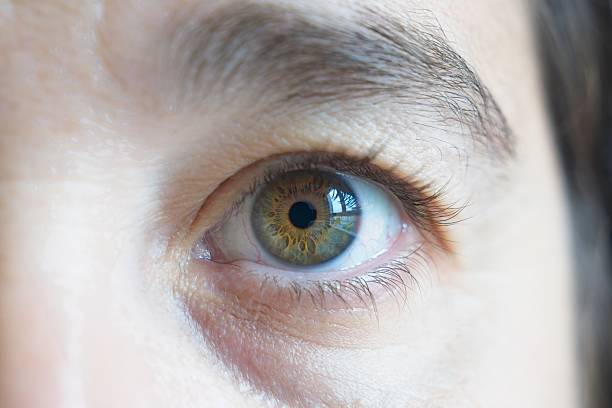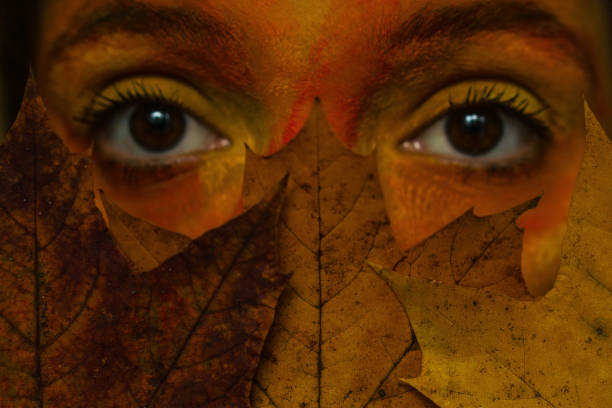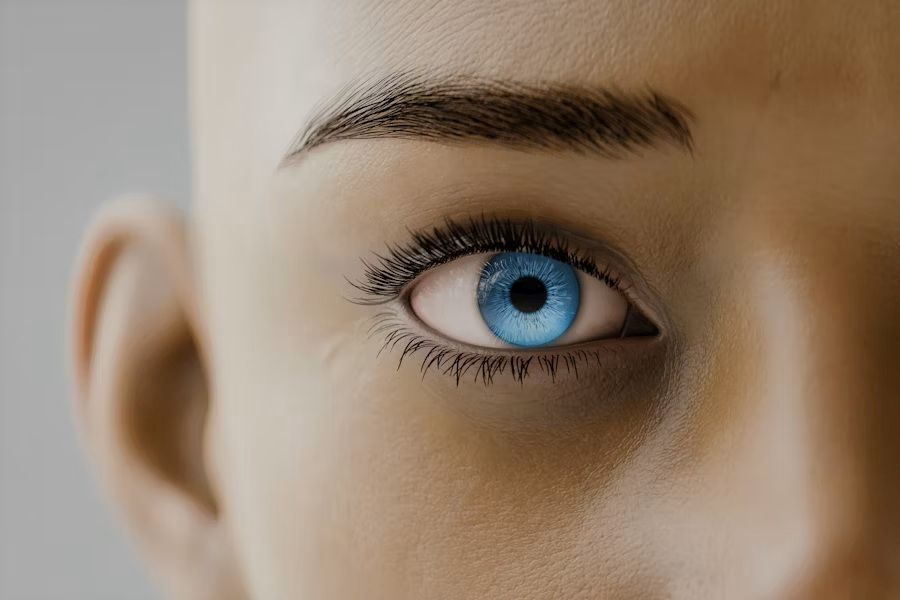Votre panier est vide
Do Iris Patterns Change With Age? A Family Legacy Through Eyes

Can Iris Patterns Really Tell Your Family Story?
When Emily Thompson photographed her grandmother's eyes last summer, she discovered something extraordinary. Hidden within the intricate patterns were subtle similarities to her own iris – a genetic story written in brown and gold. "It was like finding a family tree in our eyes," she recalls.
How Do Iris Patterns Change Throughout Life?
Dr. Maria Rodriguez, leading genetic researcher, explains: "While core iris patterns remain stable, subtle changes occur with age. Think of it like tree rings – the basic pattern stays the same, but life leaves its marks."
What Changes Can We Actually See?
Recent studies reveal fascinating age-related changes:
- Newborns: Patterns continue developing until 2 years old
- Childhood: Core pattern stabilizes by age 3
- Adulthood: Subtle color changes begin
- Senior years: Density variations become visible
Why Are Some Families Starting "Eye Legacy Projects"?
The Martinez family started photographing four generations of eyes last year. "We discovered our great-grandmother's distinctive eye pattern repeated in my daughter," shares photographer Juan Martinez. "It was like finding a piece of family history we never knew existed."
What Makes Generational Eye Photography Different?
Unlike traditional family portraits, iris photography reveals:
- Genetic patterns across generations
- Unique family traits
- Age-related changes
- Health insights
When Should You Start Documenting Family Eyes?
Dr. James Chen, genetic specialist, recommends: "Start photographing eyes at these key life stages:
- Newborn (after pattern stabilizes)
- Early childhood
- Adolescence
- Young adulthood
- Every decade thereafter"
How Can You Start Your Family Eye Legacy Project?
Sarah Williams, family historian, shares her process:
- Begin with oldest family members
- Document detailed family history
- Use consistent photography methods
- Create digital archives
- Share findings with family
Which Family Members Should You Photograph First?
Priority order recommendation:
- Elderly relatives (capturing their patterns is time-sensitive)
- Multiple generations together
- New family members
- Extended family connections
What Stories Do Generational Eyes Tell?
The Jackson Family Discovery: "We found three generations sharing a unique golden fleck pattern," reveals genealogist Mary Jackson. "This led us to research our Scottish ancestry – the pattern was common in our highland ancestors."
How Does Technology Help Track Eye Changes?
Modern phones offer advantages:
- High-resolution captures
- Pattern tracking over time
- Digital comparison tools
- Secure storage options
What Surprises Do Families Often Discover?
Unexpected findings include:
- Rare pattern inheritance
- Unknown family connections
- Health insights
- Emotional bonds
Where Should You Store Your Eye Legacy Photos?
Digital preservation expert Tom Chen recommends:
- Cloud storage backups
- Physical copies
- Secure digital vaults
- Family sharing platforms
How Do You Explain Eye Patterns to Children?
Make it engaging:
- Compare patterns to fingerprints
- Use simple magnification tools
- Create family eye trees
- Make pattern matching games
What Medical Insights Can Family Eye Patterns Reveal?
Dr. Lisa Park notes: "While not diagnostic, family eye patterns can indicate:
- Genetic predispositions
- Health tendencies
- Aging patterns
- Environmental influences"
When Do Iris Patterns Show the Most Change?
Key observation periods:
- First two years of life
- Puberty
- Pregnancy
- Senior years
How Can You Create the Perfect Family Eye Time Capsule?
Professional photographer Rachel Green suggests:
- Regular documentation schedule
- Consistent photography conditions
- Detailed pattern notes
- Family history correlation
What Makes a Successful Family Eye Legacy Project?
Essential elements include:
- Regular documentation
- Family participation
- Detailed records
- Shared discoveries
Is Your Family Ready for an Eye Legacy Project?
Consider these factors:
- Family interest level
- Available technology
- Time commitment
- Documentation methods
How Can Iris Blink Help Preserve Your Family Legacy?
Our platform specializes in:
- High-quality iris captures
- Pattern comparison tools
- Digital preservation
- Family sharing options
Ready to Start Your Family's Eye Legacy?
Begin your journey of discovery today. Let Iris Blink help you capture and preserve your family's unique genetic story through the window of your eyes.
Your family's eye legacy is waiting to be discovered. Start documenting your genetic story with Iris Blink today.
Laisser un commentaire
Les commentaires seront approuvés avant de se présenter.




